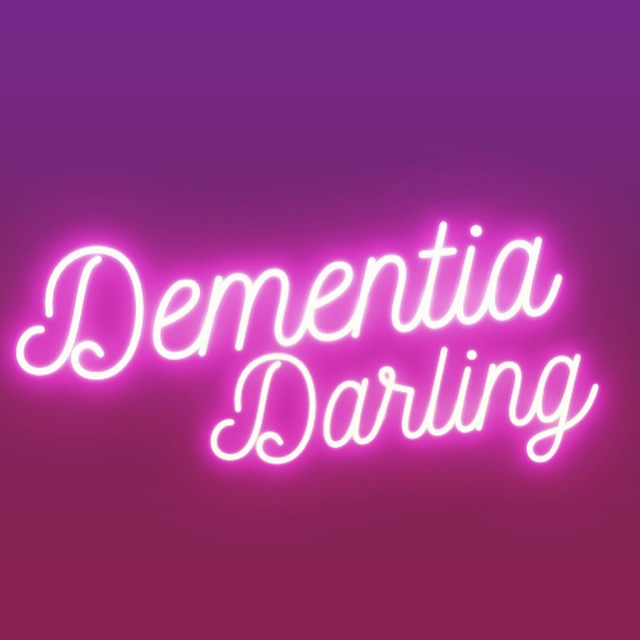Alzheimer's Disease Overview
- Carrie Aalberts

- Apr 23, 2024
- 3 min read
Updated: Dec 16, 2024
Written by: Carrie Aalberts, BS, MS, CDP, CMDCP aka @dementiadarling
Alzheimer's disease and dementia are often used interchangeably. This is a common misconception that needs to be corrected!
Dementia is an umbrella term-as shown below!

Dementia is a set of symptoms that are severe enough to interfere with daily life. Alzheimer’s disease happens to be the most common cause of dementia. However, there are over 120 different forms, types, and causes of dementia! (Teepa Snow, 2024)
From the Teepa Snow website: www.teepasnow.com ⬇️⬇️
“A changing brain is something that you may or may not notice. In fact, 50% of people living with dementia are unaware that they are experiencing changes – a condition know as anosognosia.” (Teepa Snow, 2024)
Alzheimer's disease is a progressive brain disease that causes brain cells to degenerate and die. It accounts for 60-80% of dementia cases, making it the most common cause of dementia. This is a significant fact - however, even though we see rising cases of dementia; it is not a normal part of aging.
The first part of the brain that Alzheimer's disease affects is the ability to learn and remember new information. As the disease spreads through the brain, it progressively takes away one’s memory and changes their behavior, leading to increasingly severe symptoms.
According to the Alzheimer’s Association, "As Alzheimer's advances through the brain it leads to increasingly severe symptoms, including disorientation, mood and behavior changes; deepening confusion about events, time and place; unfounded suspicions about family, friends and professional caregivers; more serious memory loss and behavior changes; and difficulty speaking, swallowing and walking.”
Commonly, for those experiencing the early signs of Alzheimer's to not recognize that there even is a problem. Family and friends usually notice the signs first. This lack of self-recognition can be one of the most challenging aspects of the disease, making it difficult for individuals to seek help or manage their symptoms effectively.
While Alzheimer's is most common in people over 65, it does affect younger individuals. The Alzheimer’s Association states, “The greatest known risk factor is increasing age, and the majority of people with Alzheimer's are 65 and older. However, Alzheimer’s disease is considered to be younger-onset Alzheimer’s if it affects a person under 65.” This highlights the importance of awareness and early detection across all age groups.
Living with Alzheimer's disease is a challenging journey, not just for those diagnosed, but also for their loved ones. The progressive nature of the disease means that the person’s abilities and behaviors will change over time, often in unpredictable ways. This can be emotionally hard for family and friends to understand and cope with.
Do you know someone living with Alzheimer’s disease? It's essential to support them in the best way possible. Being informed about the disease, understanding its progression, and knowing what to expect can make a huge difference. Remember, professional help and resources are available, and you don't have to navigate this journey alone.
As we continue to learn more about Alzheimer’s disease, it's crucial that we share this knowledge to raise awareness and help those affected. By understanding the disease, we can better support those living with it and contribute to creating a better quality of life for the dementia community.
Thank you all,
Carrie aka Dementia Darling
References:
Alzheimer’s Association. (2024). Understanding Alzheimer's Disease. Alzheimer’s Association.
Teepa Snow. (2024). Positive Approach to Care. www.TeepaSnow.com



Comments